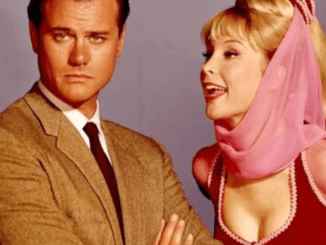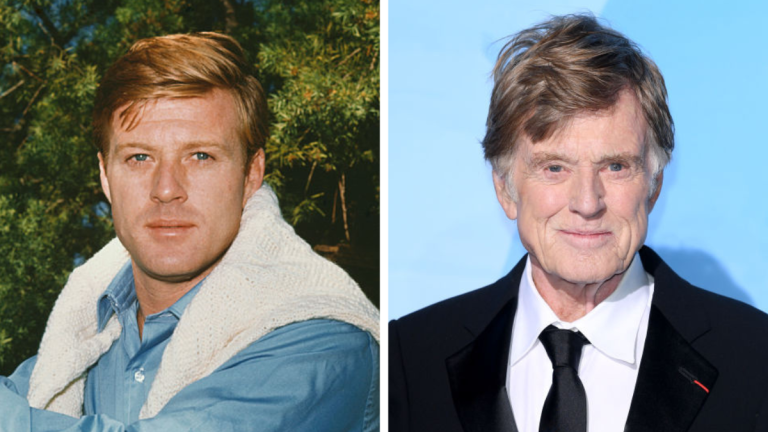
Robert Redford is a name synonymous with timeless charm and unparalleled talent in Hollywood. Known for his magnetic performances in iconic films like Barefoot in the Park, Butch Cassidy and the Sundance Kid, and The Way We Were, Redford’s legacy as one of American cinema’s most cherished actors is undeniable. His remarkable journey through the film industry, coupled with his contributions to independent filmmaking and environmental advocacy, has cemented his status as a living legend.
Born Charles Robert Redford Jr. on August 18, 1936, in Santa Monica, California, Redford grew up far from the glamor of Hollywood. As a teenager, his rebellious nature earned him the label of a “bad boy.” Yet beneath that carefree exterior was a budding artist. His passion for art took him on a transformative journey across Europe, where he immersed himself in diverse cultures and experiences. Returning to the United States, he pursued art studies at the University of Colorado Boulder and later refined his skills in New York City.
In New York, Redford’s artistic aspirations evolved into an interest in acting. He joined the American Academy of Dramatic Arts in the late 1950s, where he honed his craft. His early television roles in the 1960s marked the beginning of a career defined by dedication and authenticity. From small TV appearances to significant roles, Redford’s natural talent and charisma made him a standout figure in the entertainment world.
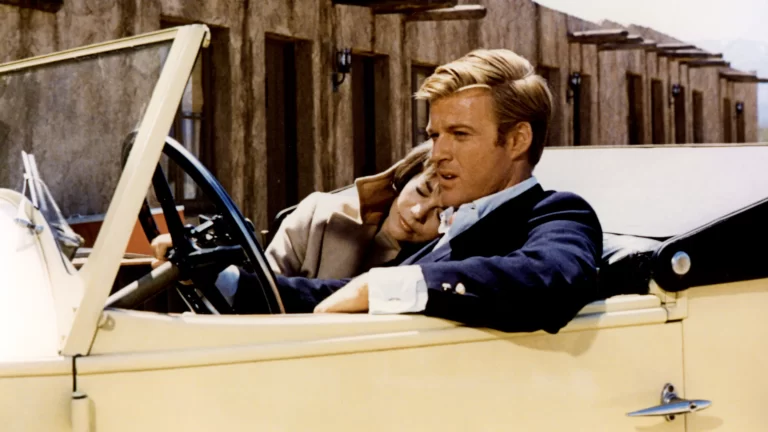
Redford’s transition to film was seamless and spectacular. His role in Barefoot in the Park (1967), opposite Jane Fonda, showcased his comedic timing and versatility. This romantic comedy established him as a leading man in Hollywood. However, it was his portrayal of the Sundance Kid in Butch Cassidy and the Sundance Kid (1969) alongside Paul Newman that skyrocketed him to superstardom. The film’s massive success solidified his status as a box office draw and a household name.
The 1970s were a golden era for Redford, as he took on roles that showcased his range as an actor. His portrayal of Jay Gatsby in The Great Gatsby (1974) brought depth and sophistication to F. Scott Fitzgerald’s iconic character. Similarly, his performance in The Way We Were (1973) opposite Barbra Streisand captured the hearts of audiences, further proving his ability to navigate complex romantic roles.
In addition to his acting prowess, Redford demonstrated a keen eye for choosing projects that balanced artistic integrity with commercial success. Films like All the President’s Men (1976), which he also produced, highlighted his commitment to meaningful storytelling. This political thriller, based on the Watergate scandal, remains one of the most acclaimed films of its genre.
Redford’s talent wasn’t confined to acting. In 1980, he made his directorial debut with Ordinary People, a poignant drama that won the Academy Award for Best Picture and earned him the Oscar for Best Director. This milestone marked the beginning of a new chapter in his career, as he became equally respected behind the camera.
Over the years, Redford’s filmography expanded to include a variety of genres, from the suspenseful Three Days of the Condor (1975) to the heartwarming The Horse Whisperer (1998). His ability to delve into diverse characters and stories demonstrated a dedication to the craft of storytelling that few could match.
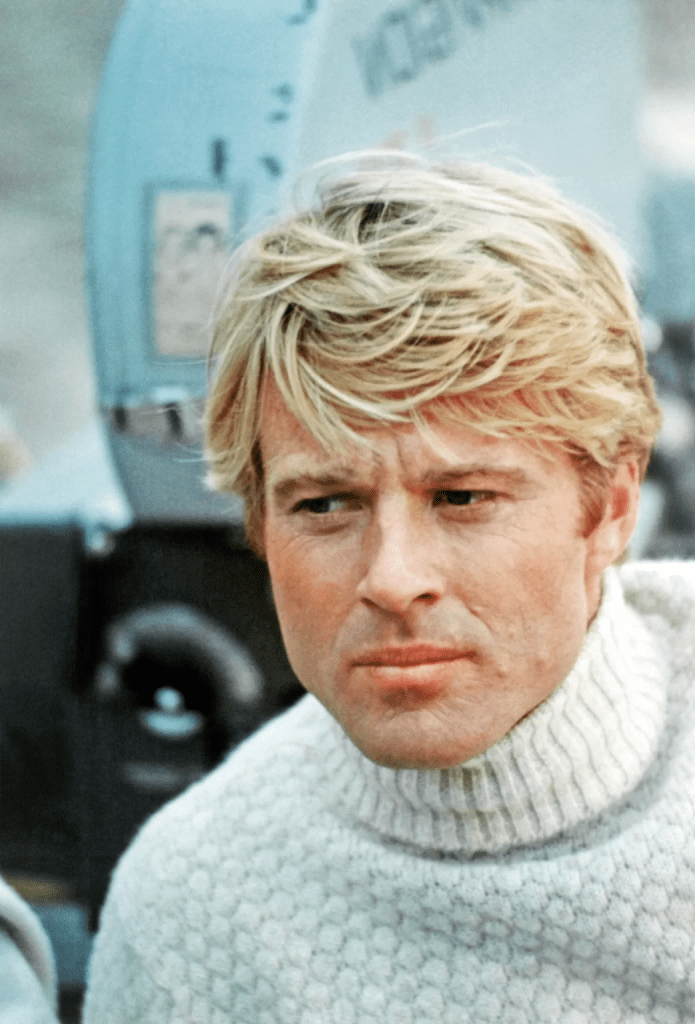
Redford’s impact on cinema extends beyond his work as an actor and director. In 1981, he founded the Sundance Institute, a nonprofit organization that supports independent filmmakers. The Sundance Film Festival, an outgrowth of this initiative, has since become one of the most prestigious platforms for indie cinema. Through his efforts, Redford has championed emerging talent and fostered innovation within the film industry.
Beyond his contributions to film, Redford is a passionate advocate for environmental conservation. Using his platform to raise awareness about pressing ecological issues, he has supported initiatives aimed at preserving natural resources and combating climate change. His commitment to protecting the environment is a testament to his belief in the power of art and activism to inspire meaningful change.
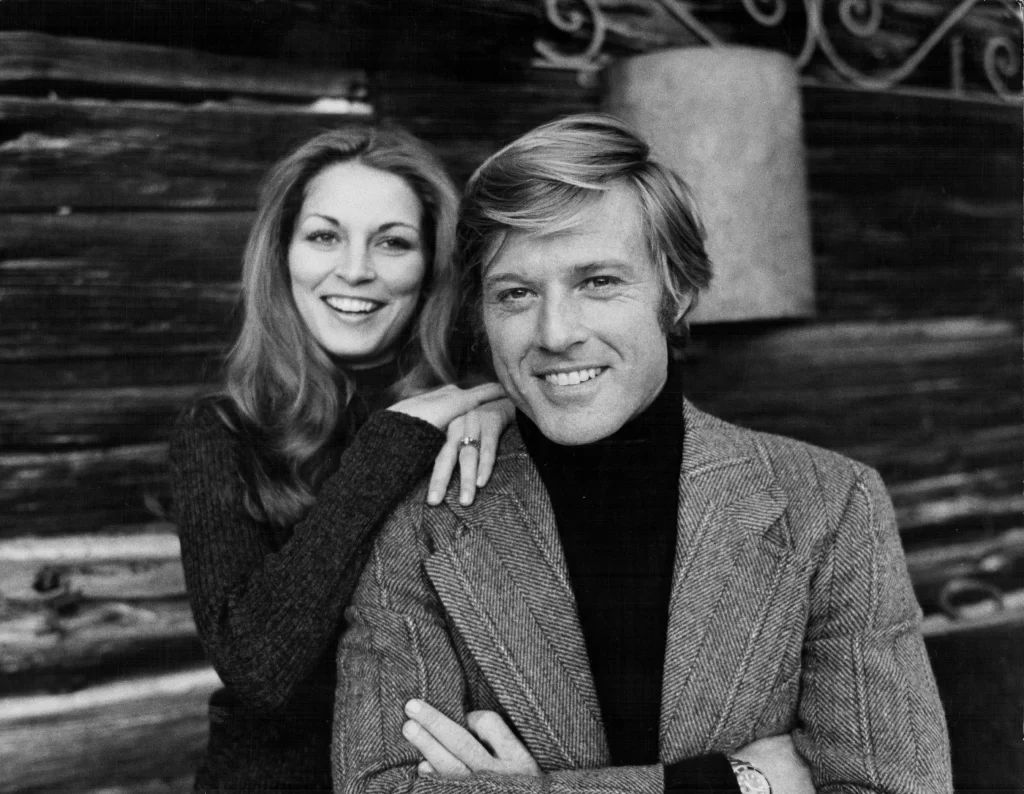
In August 2018, Redford announced his retirement from acting, marking the end of an extraordinary era. His decision allowed fans and critics alike to reflect on a career that spanned over six decades. Though he stepped away from the spotlight, his influence on the industry remains profound.
Robert Redford’s journey through the world of cinema is a testament to his extraordinary talent and unwavering dedication. From his early days as a rebellious artist to becoming a celebrated actor, director, and producer, Redford has consistently pushed the boundaries of storytelling. His ability to connect with audiences on a deeply emotional level speaks to his enduring appeal and artistic brilliance.
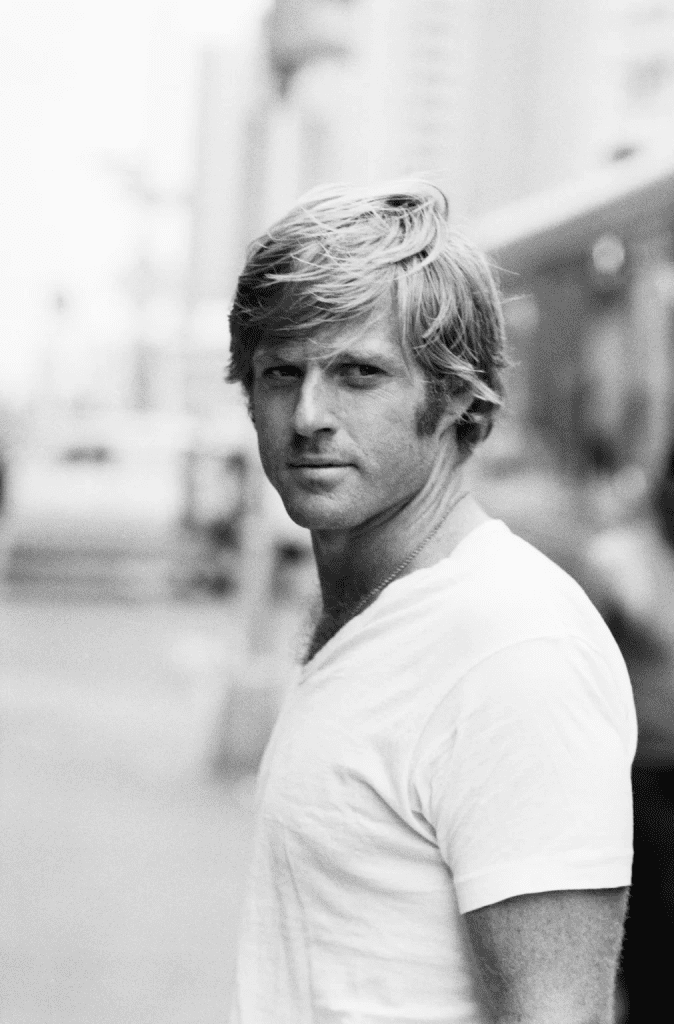
At 87 years old, Redford continues to inspire new generations of filmmakers and artists. His legacy serves as a reminder of the transformative power of storytelling and the timeless beauty of the human experience.

